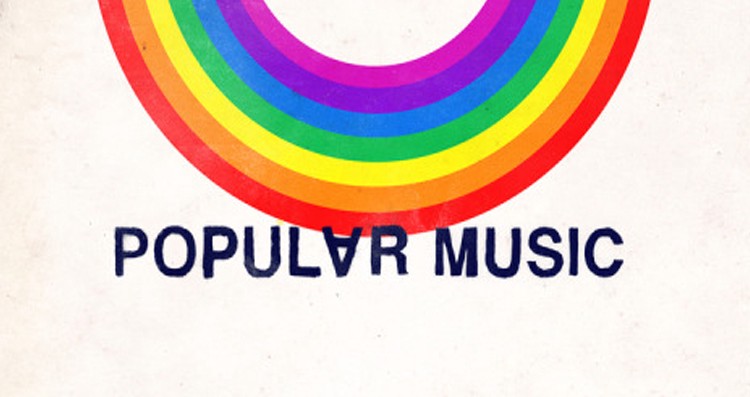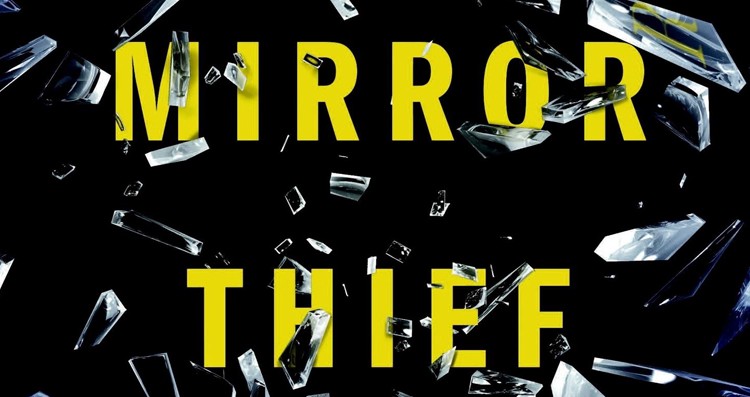Books & Culture
Listening to Music Is How the Characters in Vexation Lullaby Listen to Themselves

It’s only April, but already it seems as though we can’t go a week in 2016 without some musical idol receiving his or her final curtain. First it was David Bowie, then Glenn Frey of the Eagles, then Paul Kantner of Jefferson Airplane/Starship, then Maurice White of Earth, Wind & Fire, then L.C. Ulmer, then George Martin, Phife Dawg from A Tribe Called Quest, and then Prince. As a collective, we felt these losses so keenly not simply because they deprived us of our musical icons, but because they deprived us of our icons: that is, of the symbols and representations of our own selves. It’d been through these figures that we’d come to discover just who we are and construct parts if not entire segments of our personae, so when the news came that they’d taken their last bows, we understandably felt as though we’d lost a link or opening to corresponding parts of our identities.
It’s precisely this role musicians play in defining and preserving who we are that receives the attention in Justin Tussing’s inviting second novel, Vexation Lullaby. Introducing us to the affable if slightly aimless Peter Silver, it follows the young doctor as he’s invited to join the American tour of a one Jimmy Cross, a kind of enigmatic David Bowie/Bob Dylan/Scott Walker figure who responds to his own legend by keeping a low, self-effacing profile. Persuaded by the knowledge that this Mr Cross shares some history with his own mother, Peter boards the proverbial tour bus, hoping to understand himself a little better by the time of the tour’s final extravaganza.
Cue road trips and rabble rousing, which Tussing lovingly captures with much attention-to-detail. Clearly, he’s a music aficionado himself, since his translation of the often chaotic world of rock into a vibrant idiom betrays a passion usually reserved for the most obsessive of anoraks. In one memorable paragraph, he runs through a whole lexicon of terms for musical paraphernalia: “The band rides in the Toolshed. An acoustic guitar is a Thick One. A keyboard is a Zebra. Cords are Snakes.” Likewise, the entourage surrounding Cross exhibit all the quirks you’d come to expect from roadies and musicians, with bodyguards suddenly breaking out of their dour seriousness to ask, “You don’t know how to play mah-jongg, do you?” and Cross’ son, Alistair, often liable to sit “naked, in a pool of urine; his sodden clothes scattered across the floor.”
Of course, Vexation Lullaby isn’t simply an orgy of guitar feedback and debauched inebriation. For starters, the novel introduces subtlety into its narrative arc via its alternating structure, which switches from chapter to chapter between Peter’s story and that of an Arthur Pennyman, a monomaniacal super-fan who since July 27, 1988 has “attended every one of Jim Cross’s public performances.” It’s because of Pennyman’s life-negating, divorce-provoking dedication that he’s known as “The Restless One,” and it’s primarily through his shadowing of Cross’ tour that the novel offers its insight into how people often rely on musicians more for their senses of identity and self than for any actual music. As Pennyman himself admits, “on balance I find the band to be a tolerable distraction. I’d much prefer Jimmy appear on stage alone.”
Not only that, but it’s through the recurring contrast between what is actually happening on the tour and what Pennyman believes is happening on it that Vexation Lullaby reveals how fans are sometimes inclined to read far too much into their pop stars, looking for meaning where perhaps there isn’t that much to find. For instance, much of the novel’s intrigue revolves around a fabled song called “Purple River Serenade” that was cut from one of Cross’ most celebrated albums, a “theoretical song” that, for the singer’s devotees, “represents some Platonic ideal of music.” Prior to the events of the book, the song had never been played in public or heard in private, and the fact that these devotees get more excited about it than any other song by Cross implies that the musician’s fascination resides not so much in what he actually performs, but in what he hypothetically symbolizes for them.
As for what it means in particular to Pennyman, the novel approaches something of a crescendo in parallel with him developing a theory as to its significance. Almost needless to say, this theory isn’t quite as accurate as he’d like to think it is, but it’s perhaps in the revelation of its misalignment with Cross’s actuality that he and also Silver finally learn not to stake too much of their respective identities in Cross. Pennyman begins to intuit this fruitlessness for the first time at the end of an especially good concert in Columbus, when he reflects on Cross’s ‘true’ identity: “Really, he’s a stranger. Really, we’re all strangers […] Who is Arthur Jacob Pennyman? A person could follow me for years and never find an answer.”
It’s in this realization of how following a musician so ardently has ultimately made him a stranger to himself that Pennyman begins to pull away a little from Cross. The same thing could be said for Silver, yet it’s never entirely clear from the get-go as to what attraction Cross really has for him or why exactly he’d set off on tour with the musician. This uncertainty partly arises because he’s just too passive and accepting for his own good, waiting docilely in dressing rooms for people who never return and occasionally becoming the object of such questions as, “How much of who he was had he cribbed from other people?” As such, it’s sometimes hard to gain a clear sense of his character and motivations, and in turn this makes it difficult to sympathize with him.
This, however, is in contrast to the offbeat Pennyman, who for all his unsavory fixations is a well-rounded and surprisingly believable character with a rich backstory and a more definite trajectory. In fact, given that it’s he who appears to undergo the most notable transformations over the course of Vexation Lullaby, it’s very tempting to declare that the novel is more his than Silver’s. He’s the one who functions as the mouthpiece for most of its themes, pronouncing such aphorisms as “change is the only constant,” “I consider following Cross to be an artistic performance,” and “everyday Pittsburgh looks more like a fantasy of the past.” With such pronouncements, he contributes most of the shape to a novel that reminds us that looking to celebrities and mass culture for the answers to the all-important questions of who we are will, in the end, only ever lead us astray. Still, we can always look to Justin Tussing.









